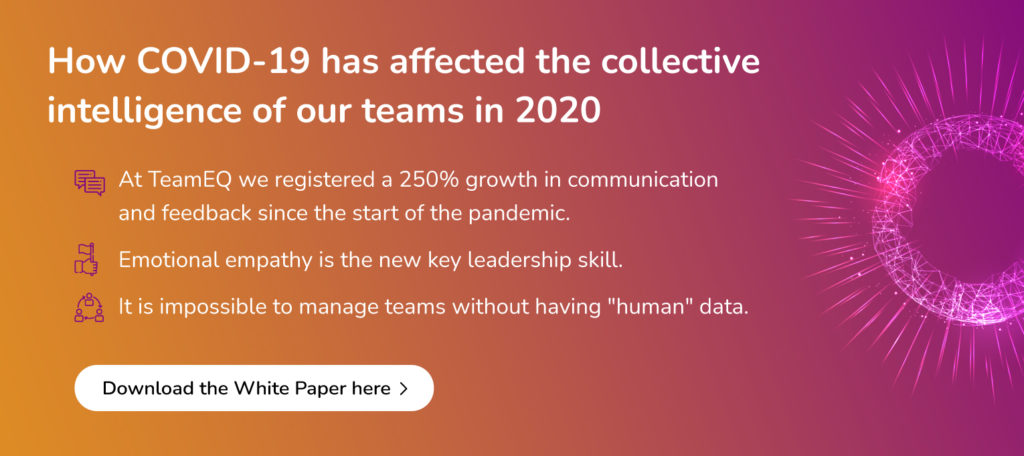Can purpose and values help rebuild trust in the age of remote working?
By Simon Paterson, Brand Development Guru & Founder of Paterson Associates.
It is clear now that COVID-19 has formalised remote working as the new normal. And that for remote working to work well, the challenge for leaders is to manage their remote teams and know how they are feeling, at both an individual and collective level.
But there is a greater risk that trust is breaking down between people, their colleagues and their organisations. Empathy is one of the foundations of trust. Unable to feel the physical camaraderie of the team, people are now working harder to overcompensate for a perceived weakness of not being in the office and not being able to deliver empathy in the office.
Whereas before COVID-19, people saw trust and empathy as the glue in their job, now they are working harder than ever to develop trust between one another despite the limitations of working remotely. But people have also discovered how little trust employers have in their employees and also how little trust people have in themselves. The rise of digital monitoring combined with the feelings of individual disassociation that remote working brings, is leading to people having no real tangible sense of their work or their value. They are feeling that their efforts are no longer connected to a broader enterprise that they are all engaged in and for which their contributions are acknowledged and valued. More than ever people need to feel safe, seen, heard, respected, trusted and connected to something they can believe in and belong to. Belief and belonging are more likely when the organisations people work for have an inspiring purpose and a set of values that they share and live daily.
Purpose matters because it defines why an organisation exists and why people should care. It reminds people why they get up every day and go to work. And it helps them distinguish between what they must do and what they should do. Increasingly, that means organisations that are conscious and have a conscientious purpose – one that considers planet, people and profit in that order. The outdoor clothing brand Patagonia is probably one of the most well-known and trusted purpose driven organisations in the world. Their purpose is simple:
“We’re in business to save the planet”.
The reason they are trusted is because they live their purpose through their values which are shared by their people. Their values are:
“Build the best product, Cause no unnecessary harm, Use business to protect nature, Not bound by convention”.
Consequently, they have a very loyal workforce. When COVID-19 happened they took measures to look after their people first. For example, they were among the first to shut their stores and have been among the last to re-open.
As their former CEO Rose Macario said in an interview with the New York Times in May:
“We were one of the first to shut down, we might be closer to the last to reopen fully — I don’t really care,” Ms. Marcario said. “We are doing everything we can to ensure that our employees are taken care of in the best way possible and we’ll make those decisions as we come to them”.
As well as giving leaders the opportunity to monitor the emotional situation of their teams, both individually and collectively, platforms like Team EQ can reinforce a sense of shared purpose and values in organisations and their people. They enable leaders to acknowledge the contributions of their own people and re-anchor them to their organisations. And they help them feel more confident in themselves, more connected to their colleagues and more valued by their organisations.
Find out how TeamEQ can help you to build stronger links between your teams and your organizations by taking a demo today.
Ph: Unspash.




